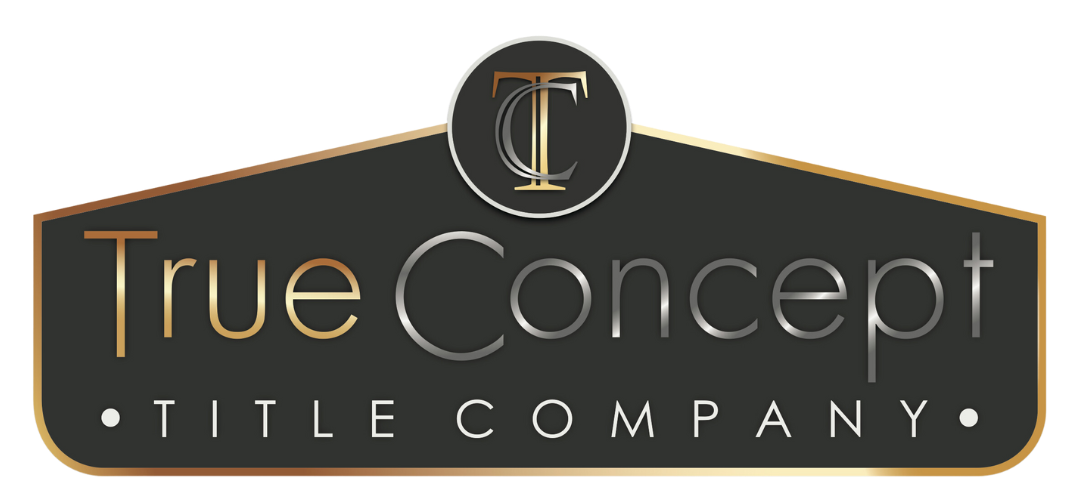Difference Between A Title And A Deed
Deed. Title. What’s the difference?
When it comes to buying and selling, our title company knows these words can be a common source of confusion. While often used interchangeably in real estate, they have two very different meanings.
It is important to know the difference between the title and the deed to avoid unforeseen ownership problems. The experts at True Concept Title explain:
What is a Title?
A title is a concept and indicates ownership of something—whether it is a home, property, vehicle, or business. A title will determine who has the power to transfer or use the property.
Think of a title as a legal right to use something. A possessor of the title has a right to do something with, in this case, the real estate property. This can include enjoying the use of their property, accessing the land and modifying it as they see fit, and/or disposing of the property as the titleholder sees fit.
A title can be full or partial. More than one party can claim ownership of the property. And since a title is the ownership of the property, homebuyers and lenders can purchase title insurance that protects against false claims of ownership by other parties.
A mortgage lender holds the title until the property is paid off financially.
What is a Deed?
Unlike a title that shows the actual right of ownership, a deed is a legally binding document that shows a change in ownership has occurred through a sale. Think of the deed as the physical representation of the transfer of ownership.
A deed will state the names of both the seller and buyer of the property, and this document also requires signatures and a witness. This document shows a legal transfer of the property from one person to another.
Finally, a deed contains a description of the property so all parties involved know exactly and precisely what is being transferred. The deed is then filed as a public record. Depending on the location of the sale, it can be filed with the city, county, or state and is often accessible online through a local tax assessor’s office.
It is possible to hold the title to a property without possessing the deed.
How is a Title Company Involved?
A title company, like True Concept Title, will verify that the title to the real estate property being sold is legitimately given to the new homebuyer. In other words, a title company will make sure the seller has the right to actually sell the property to the buyer.
Once the title company verifies this process, it will provide title insurance as a guarantee. Having title insurance protects the lender and/or owner on the off chance someone tries to claim or question the legal ownership of a home or property.
The title company is then usually responsible for conducting the closing. Purchasers appreciate our convenient mobile closings. To help mortgage professionals, True Concept Title offers full escrow processing services so you can focus on your client relationships during this closing transaction time.
For All of Your Real Estate Needs
True Concept Title is ready to assist with all of your real estate transfer needs. We maintain a national presence in all 50 states but complement this strength by meeting the local needs of every client.
Our respected title company offers full escrow process services including payoff ordering, loan document processing, file funding, and loan disbursements. We also provide mortgage-processing services, closing and signing services, and document preparation.
To learn more about our national title and deed services and how we can support you, contact us our professionals at 813-263-7168.










